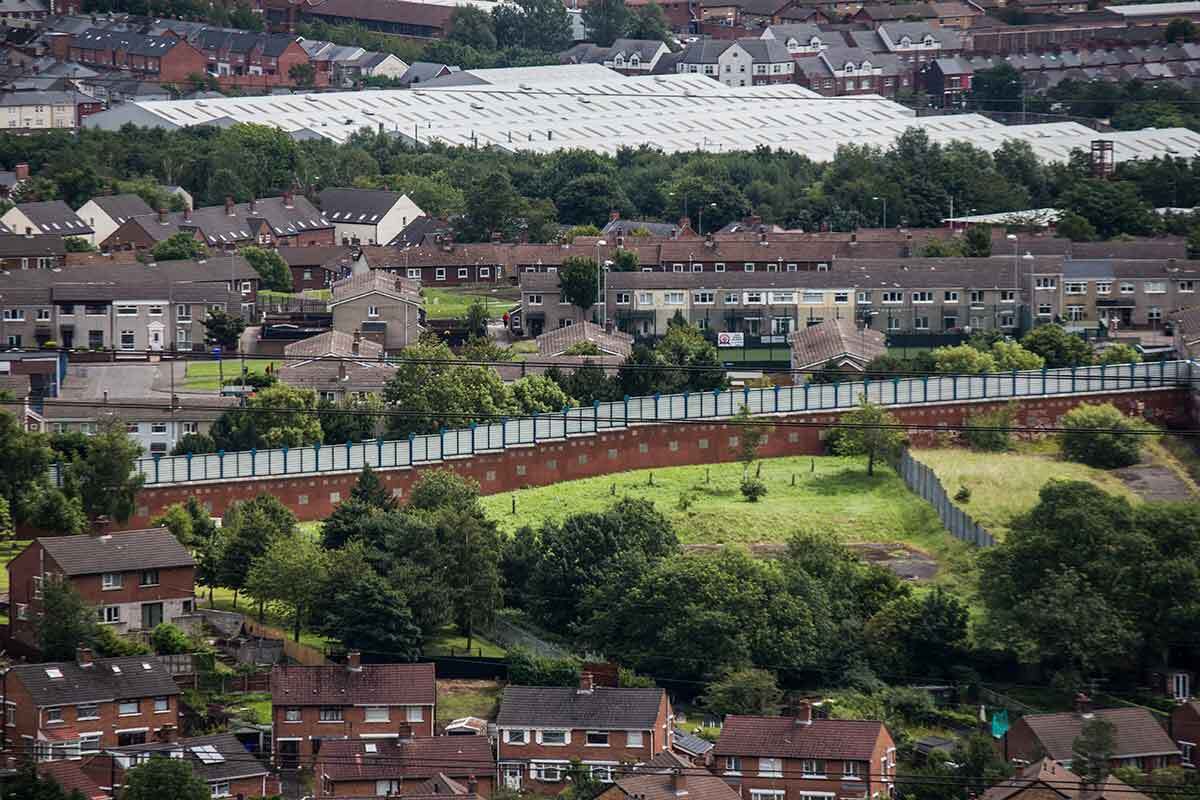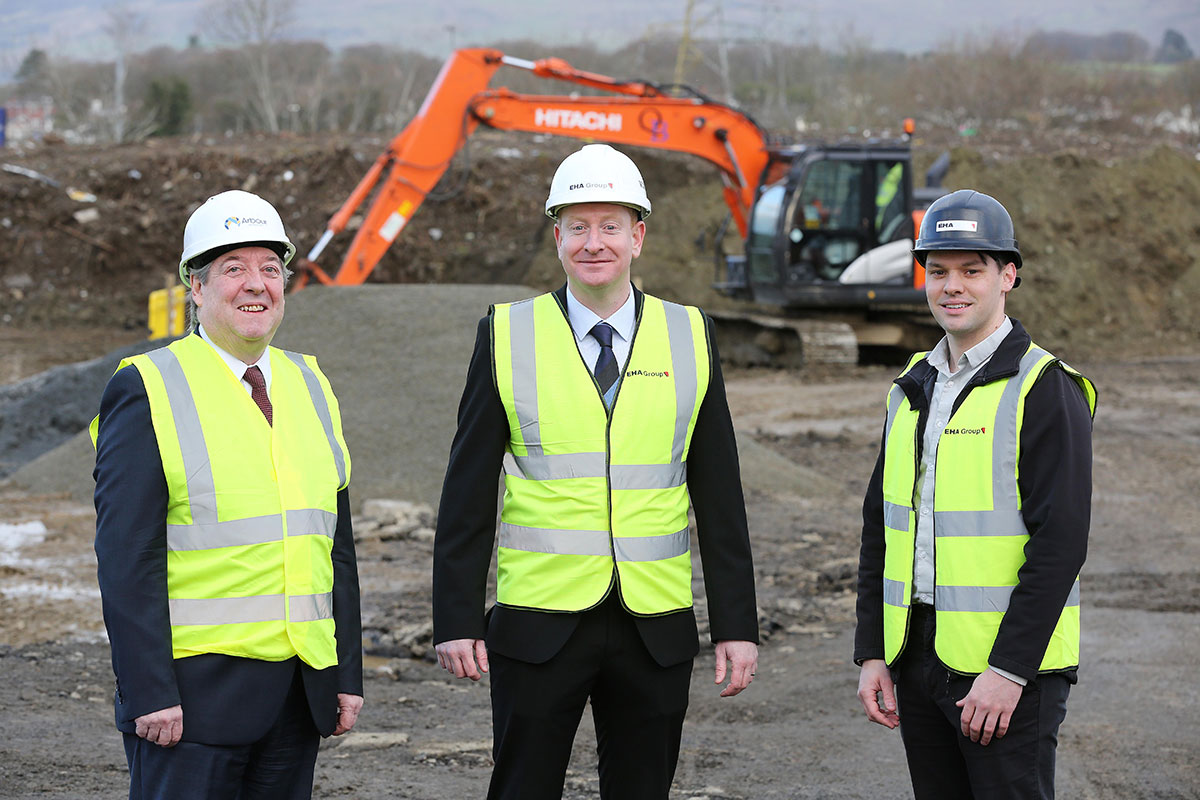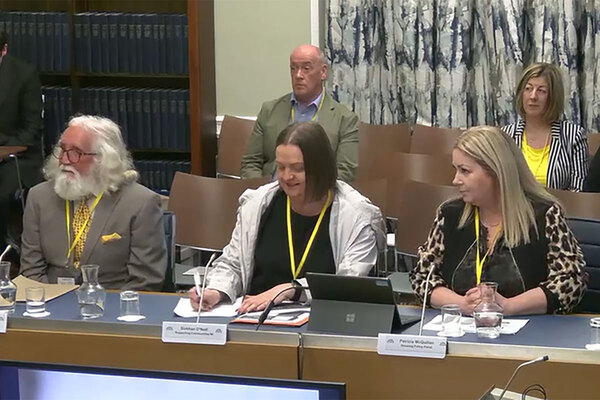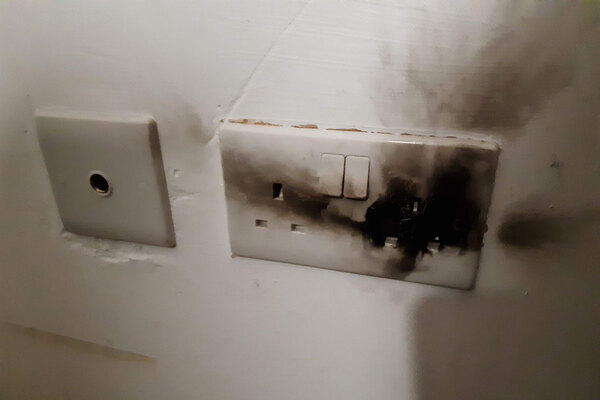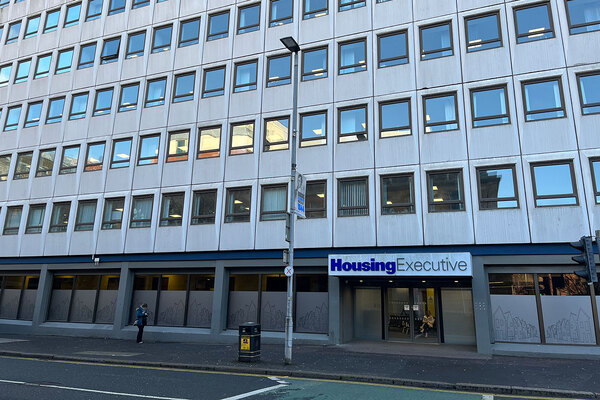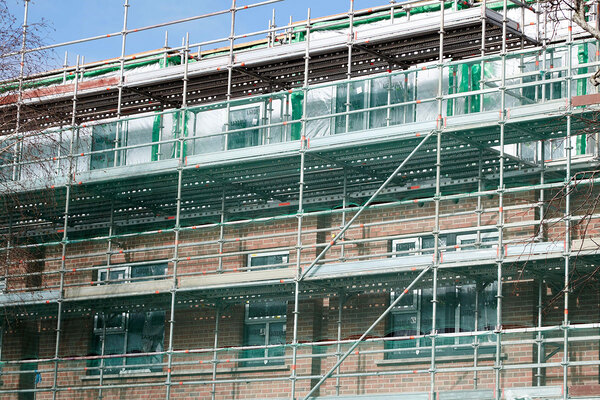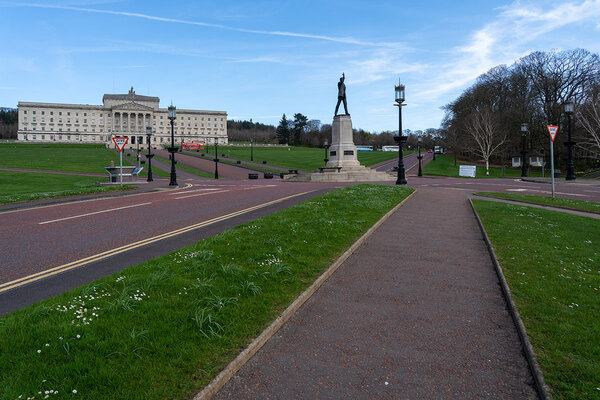Northern Ireland unveils major overhaul of social housing allocation process
The Department for Communities (DfC) is introducing a major overhaul of the system for the allocation of housing in Northern Ireland for the first time in 20 years.
A version of this story was published two weeks ago. Due to some errors, it was removed from our website, corrected and republished today.
The 18 changes, which include reducing the number of reasonable offers applicants receive from three to two and allowing people to choose from as many areas as they wish, will be delivered by the Northern Ireland Housing Executive (NIHE) in four stages over three years.
Stage one, which includes four changes, was implemented in late January.
Much of the exact detail around the delivery of the remaining proposals, described below, have yet to be worked through fully.
There are a total of 45,000 applicants on the waiting list in Northern Ireland, with a further 11,000 social tenants waiting for transfers.
Jennifer Hawthorne, director of housing services at the NIHE, said: “We believe these changes will help to create a better, more efficient service for people in housing need.”
Initially, 20 changes were proposed, but two will be looked at again at the request of the DfC.
Social housing in Northern Ireland is allocated on a points-based system: the more points a person has, the higher they are on the waiting list.
Allocations can be complicated by sectarian tensions, as it can still be difficult for Protestant or Catholic families to be housed on estates where they are in the minority.
Stage one
Stage one launched on 30 January and includes the implementation of an independent, tenure-neutral housing advice service for Northern Ireland and introduces more choice of area for tenants.
All applicants should be able to choose as many or as few housing areas as they wish, to maximise the likelihood of receiving an offer of a home they can accept.
The ‘greater housing area imposition’, which means the area of choice is expanded after six months for homeless applicants, has been removed.
The number of reasonable offers applicants receive is now reduced from three to two.
If two offers are refused, no further offers will be made for one year after the date of the last refusal.
A new rule will be developed for approval by the DfC which clarifies the circumstances under which an offer by social landlords may be withdrawn.
Stage two
Stage two will launch in late 2023. Proposals include introducing increased use and promotion of mutual exchange services for tenants.
Another involves enabling social landlords to make multiple offers directly and to as many applicants as they think necessary.
There is also a proposal to give social landlords some discretion when it comes to succession policy.
Currently, there are statutory rights for tenants to inherit social homes in Northern Ireland, such as from a spouse, civil partner or parent with whom they live. This will not be affected by the change.
But there is also an allocation policy that extends succession to those who do not have rights under the law, such as a carer who has moved in to look after the tenant.
Though the details are yet to be worked out, any change is likely to involve limited cases, such as properties with adaptations or wheelchair access that would be more suited to someone on the waiting list rather than a potential successor.
Stage three
Stage three, which will launch in late 2024, proposes measures to clarify ineligibility around unacceptable behaviour for social housing, and homelessness.
An applicant who has been involved in “unacceptable behaviour” may not be eligible for social housing unless there is reason to believe – at the time the application is considered – that the behaviour is likely to cease.
During this stage, there will also be an update to the housing selection scheme to bring it in line with developments in Public Protection Arrangements Northern Ireland.
The housing executive requested this change, which will enable social landlords to make restrictions to applicants who have been convicted or charged with a violent offence.
At this stage, all applications and transfers on the waiting list will be reassessed to ensure their points reflect their current housing circumstances.
Stage four
In mid-2025, stage four will launch.
From here, there are proposals to enable the executive to discharge its statutory homelessness duty on a tenure-neutral basis, with the option to offer longer-term homes in private as well as social housing.
How this will work is yet to be developed in detail.
Applicants on the housing waiting list will continue to only be offered social housing accommodation.
An investigation will launch into how to strengthen the verification process and address inconsistencies in the award of intimidation points.
There will also be an investigation into alternative approaches for the award of points to applicants in any form of temporary accommodation.
The housing selection scheme will begin placing applicants into bands based on similar levels of need, to meet longstanding housing need more effectively.
It will be amended to align the number of bedrooms a household is assessed to need with the size criteria used in the housing cost element of Universal Credit.
One proposal involves social landlords being able to offer difficult-to-let properties to as many applicants as they think is necessary to secure an allocation.
The housing executive will lead a review to determine how specialised properties should be allocated, looking into whether it should separate from the current scheme.
Sign up for our Northern Ireland bulletin
Already have an account? Click here to manage your newsletters
